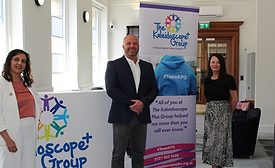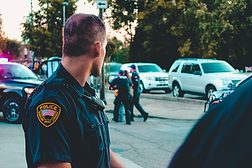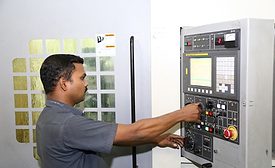Home » mental health
Articles Tagged with ''mental health''
American teens are experiencing high rates of anxiety, depression and acts of self-harm
New Navigate360 and Zogby Strategies Safety and Wellbeing Poll shows growing teen anxiety brought on by the Covid-19 pandemic and its impact on America’s economy, culture, and daily life
January 14, 2021
Sign-up to receive top management & result-driven techniques in the industry.
Join over 20,000+ industry leaders who receive our premium content.
SIGN UP TODAY!Copyright ©2024. All Rights Reserved BNP Media.
Design, CMS, Hosting & Web Development :: ePublishing









